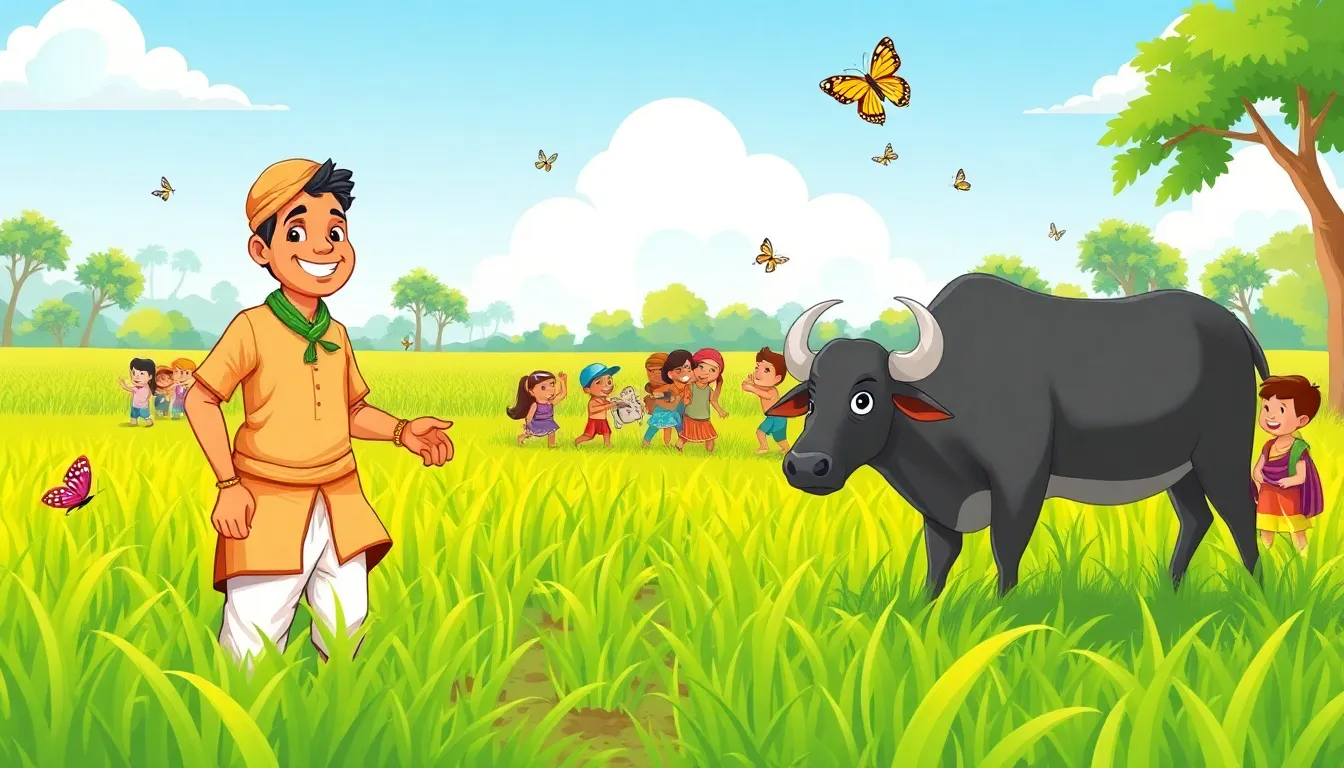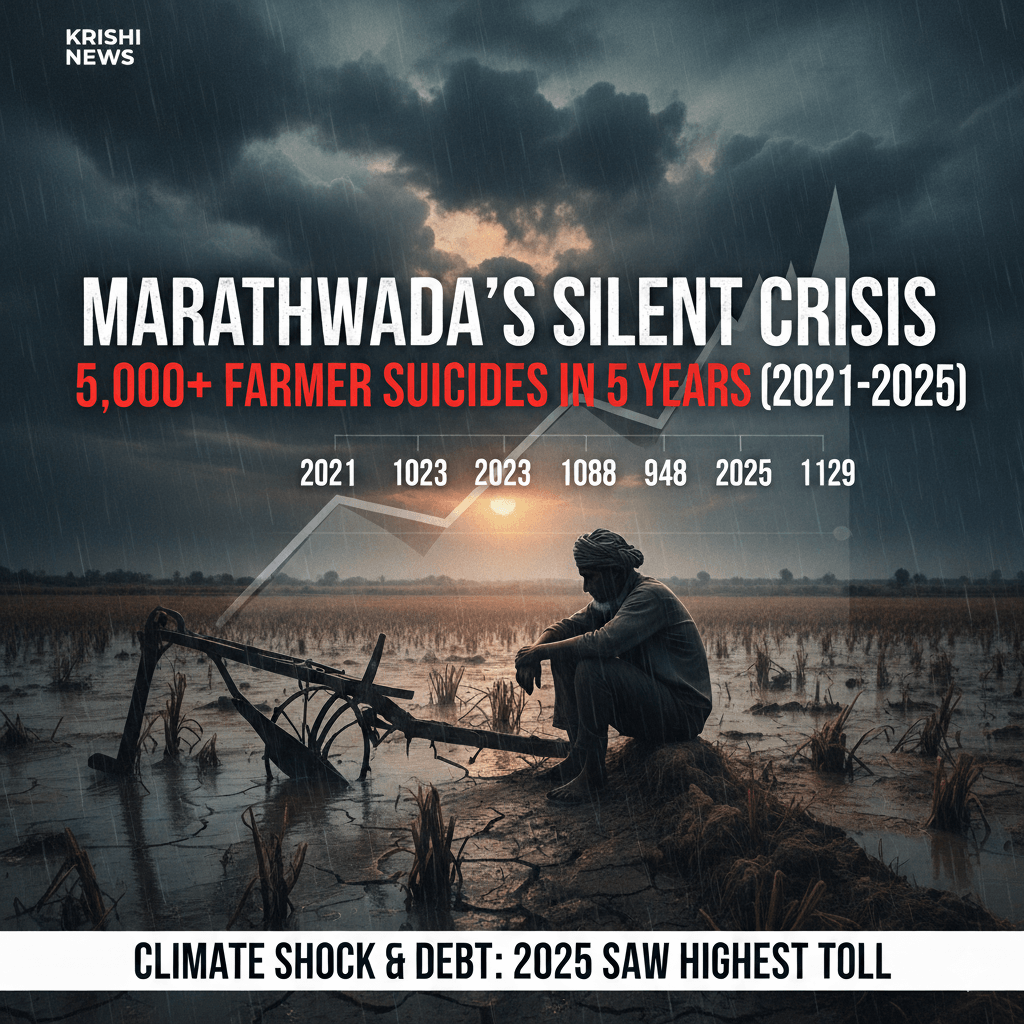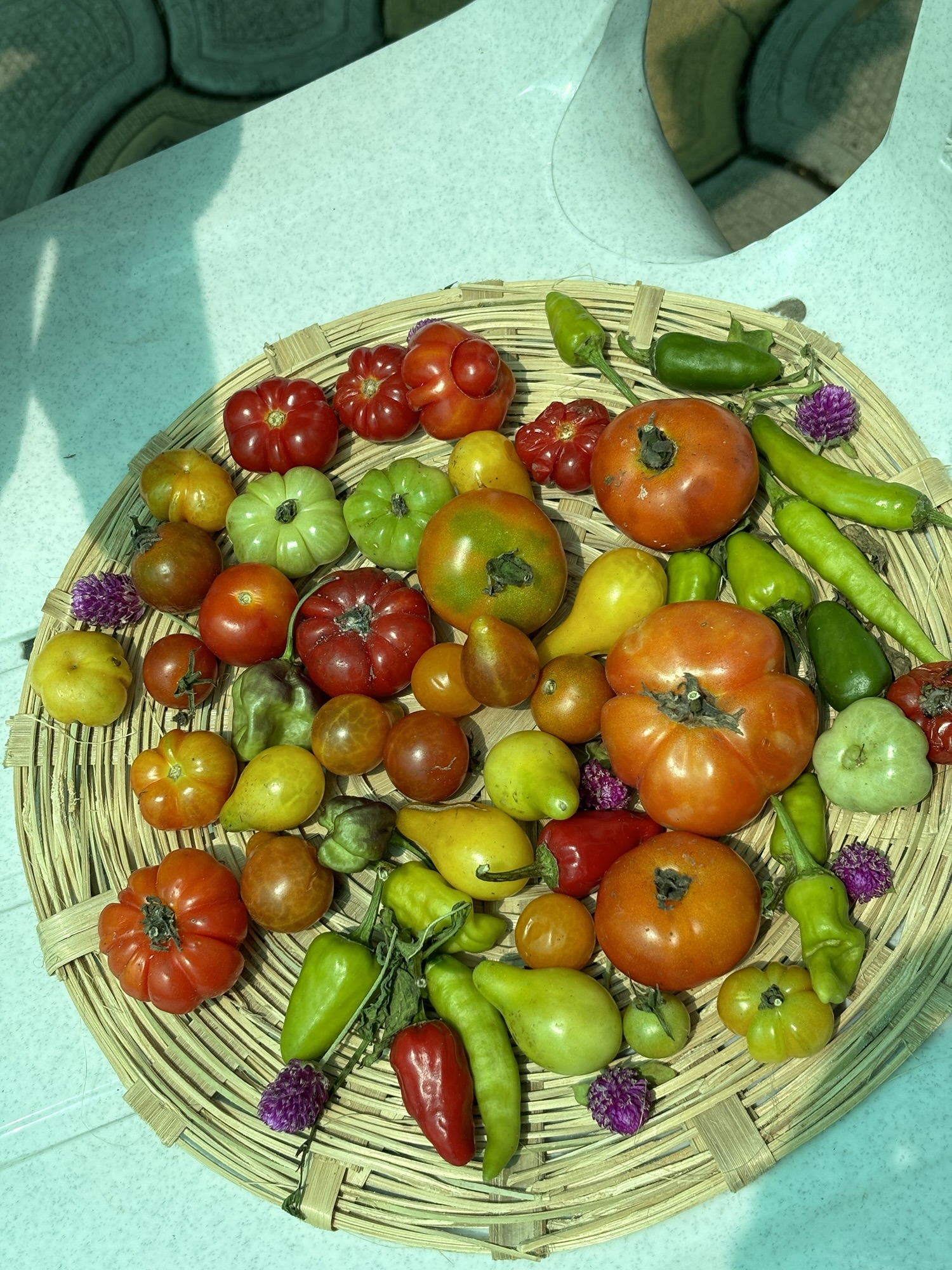A group of 20 agricultural scientists from India has raised serious concerns regarding the recent announcement by the Union agriculture ministry. They are worried about the premature release of gene-edited rice varieties. The scientists say this move could have significant consequences for India’s agricultural sector and farmers’ welfare. The scientists are part of a forum called ‘Agriculture Scientists Manch’. They have specifically questioned the use of CRISPR-Cas9 gene editing technology, noting its foreign origins. They fear this could lead to dependency on multinational corporations for seed rights. On May 4, 2025, the Union Minister of Agriculture announced the release of two new rice varieties: DRR Rice 100 (Kamala) and Pusa DST Rice 1. The goal was to improve rice production and make crops more tolerant to drought and salinity. The Indian Council of Agricultural Research developed DRR Rice 100 (Kamala), while Pusa DST Rice 1 was developed by the ICAR-Indian Agricultural Research Institute. The government claims these rice varieties could lead to significant improvements in yield and reduced greenhouse gas emissions. However, many scientists have raised biosafety concerns. They warn that CRISPR-Cas9 technology may cause unintended genetic changes, which could harm India’s rice diversity and its $1.2 billion organic rice export market. In a letter to Prime Minister Narendra Modi on June 7, the scientists outlined the risks linked to gene-edited rice. They highlighted potential “off-target mutations” and the risk of genetic contamination. They also pointed out that India may need to buy licenses from foreign companies to cultivate these crops commercially. This could put farmers at the mercy of foreign corporations for seeds. The letter drew parallels with the introduction of Bt cotton in 2002. The scientists pointed out how this led to the near-complete replacement of indigenous cotton varieties and caused serious ecological problems. It also resulted in increased distress among cotton farmers, including rising suicide rates. The scientists criticized the event on May 4, calling it a “clear bypass” of the Central Variety Release Committee’s protocols. They noted that the gene-edited rice was presented as ready for use, even though it had not yet passed necessary evaluations. The scientists urged the government to take action to protect the interests of Indian farmers. They stressed the importance of thorough evaluation and caution before introducing new technologies into agriculture. The debate continues as the agricultural community watches closely to see how these new rice varieties will impact India’s farming landscape. It is now essential for all stakeholders to engage in a dialogue about the future of agriculture in India, considering both innovation and the safeguarding of traditional practices. Farmers need to be informed about the risks and benefits of new technologies. The government must ensure that adequate measures are in place to protect farmers’ rights and the environment. As these discussions unfold, the ultimate goal should be a sustainable and resilient agricultural system that benefits all.
Concerns Rise Over Early Release of Gene-Edited Rice in India
 Concerns Rise Over Early Release of Gene-Edited Rice in India
Concerns Rise Over Early Release of Gene-Edited Rice in India



